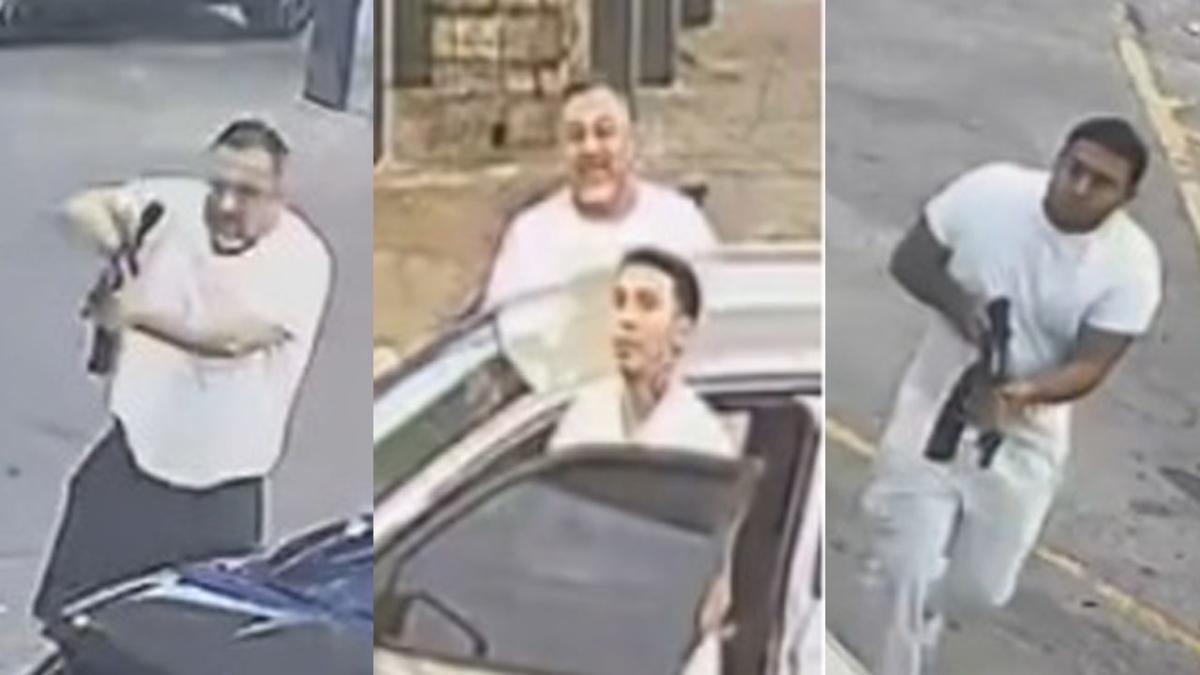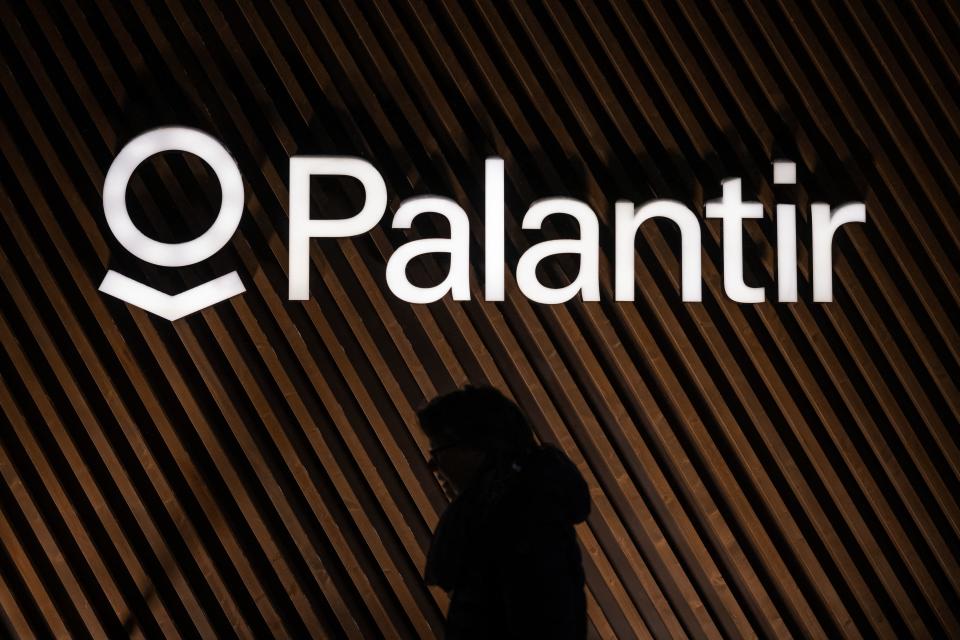Louisiana is poised to become the fourth state in the nation to allow executions using nitrogen gas after a bill on Thursday cleared a key legislative hurdle. It is now headed for the desk of Gov. Jeff Landry, who is expected to sign it.
The bill was introduced during a special legislative session focusing on criminal justice issues that opened last week and comes on the heels of the first nitrogen gas execution in the U.S., which was conducted by Alabama corrections officials in January.
Two other states have authorized the method — Mississippi and Oklahoma, both in 2015 — but neither has developed a protocol like Alabama. Another state, Nebraska, is considering nitrogen hypoxia, and held a legislative hearing Wednesday that drew significant opposition.
Rep. Nicholas Muscarello, a Republican who drafted Louisiana’s bill, said even after his state formulates a nitrogen protocol, he expects lethal injection to remain the primary method for executions.
Death by lethal injection has become increasingly harder to carry out for many states, as drug manufacturers and suppliers have declined participation amid a series of botched executions in states like Alabama and Oklahoma. Idaho on Wednesday attempted its first execution via lethal injection in over a decade but had to stop the procedure when officials struggled to find a suitable vein.
About 60 people are on death row in Louisiana, but the state has not put anyone to death since 2010, last using lethal injection. The method has stalled due to the shortage of the necessary drugs and litigation challenging the state’s lethal injection protocol.
Now, the potential for using nitrogen hypoxia, in which a person breathes only nitrogen gas and is deprived of oxygen, gives Louisiana a new path forward, Muscarello said.
“We told the victims’ families that their perpetrator will be executed,” Muscarello said, “and we have a duty to uphold that.”
Muscarello’s bill easily passed the House and Senate, which are both controlled by Republicans. The bill would not only make nitrogen hypoxia a possible method for executions, but also permit electrocution executions. Electrocution was the sole method of execution in Louisiana in the 1980s. It was stopped after the electric chair at the Louisiana State Penitentiary at Angola was retired in 1990 in favor of lethal injection.
Lethal injection is the primary method in 26 of the 27 states that have capital punishment, as well as for the federal government, according to the Death Penalty Information Center. Electrocution is a legal option in eight states; in recent decades, two states — Georgia and Nebraska — dropped the method, finding it violates a ban on cruel and unusual punishment.
The final version of Muscarello’s bill to legalize nitrogen hypoxia included compromised changes from the original.
While it still would require identities of individuals and companies that help to administer the death penalty in the state to remain confidential, language was removed that would have allowed those who make such information public to be subject to criminal penalties. They could still be held civilly liable.
Some Democratic lawmakers had expressed concern that companies involved in administering the death penalty will still be able to evade public scrutiny.
In other additions to the bill, Louisiana’s inspector general would review the death penalty protocols and the state would be required to provide counseling services to those who participate in an execution.
“It gave people less heartburn,” Muscarello said of the changes.
Still, debate over the death penalty bill was among the most contentious during this special legislative session, in which lawmakers are tackling a number of bills favored by Landry, a first-term Republican who campaigned on a tough-on-crime agenda.
A hearing on the death penalty bill drew both support from loved ones of murder victims and pushback from justice reform advocates against capital punishment questioning the novel method of nitrogen hypoxia.
“As Jewish citizens of Louisiana, we find the use of any form of gas for state executions a violation of our ethical principles and of Judaism’s deep commitment to innate human dignity,” a statement read at a committee hearing and attributed to Loyola University New Orleans professor Naomi Yavneh Klos said.
Alabama officials hailed its first execution using nitrogen gas as a “textbook” outcome, but critics maintain that the inmate who was put to death did not become unconscious as quickly as expected and thrashed on the gurney, according to media witnesses. Alabama has also kept its protocol document heavily redacted to the public.
Last week, the Alabama attorney general’s office moved ahead with its request to put a second inmate to death via nitrogen hypoxia. No date has been set.
Landry’s office did not immediately respond to a request for comment about Louisiana’s bill, but the governor wrote on X that the bill and others advanced during this special session were a “big win for victims, Louisiana families, and our law enforcement.”
This article was originally published on NBCNews.com
Signup bonus from




